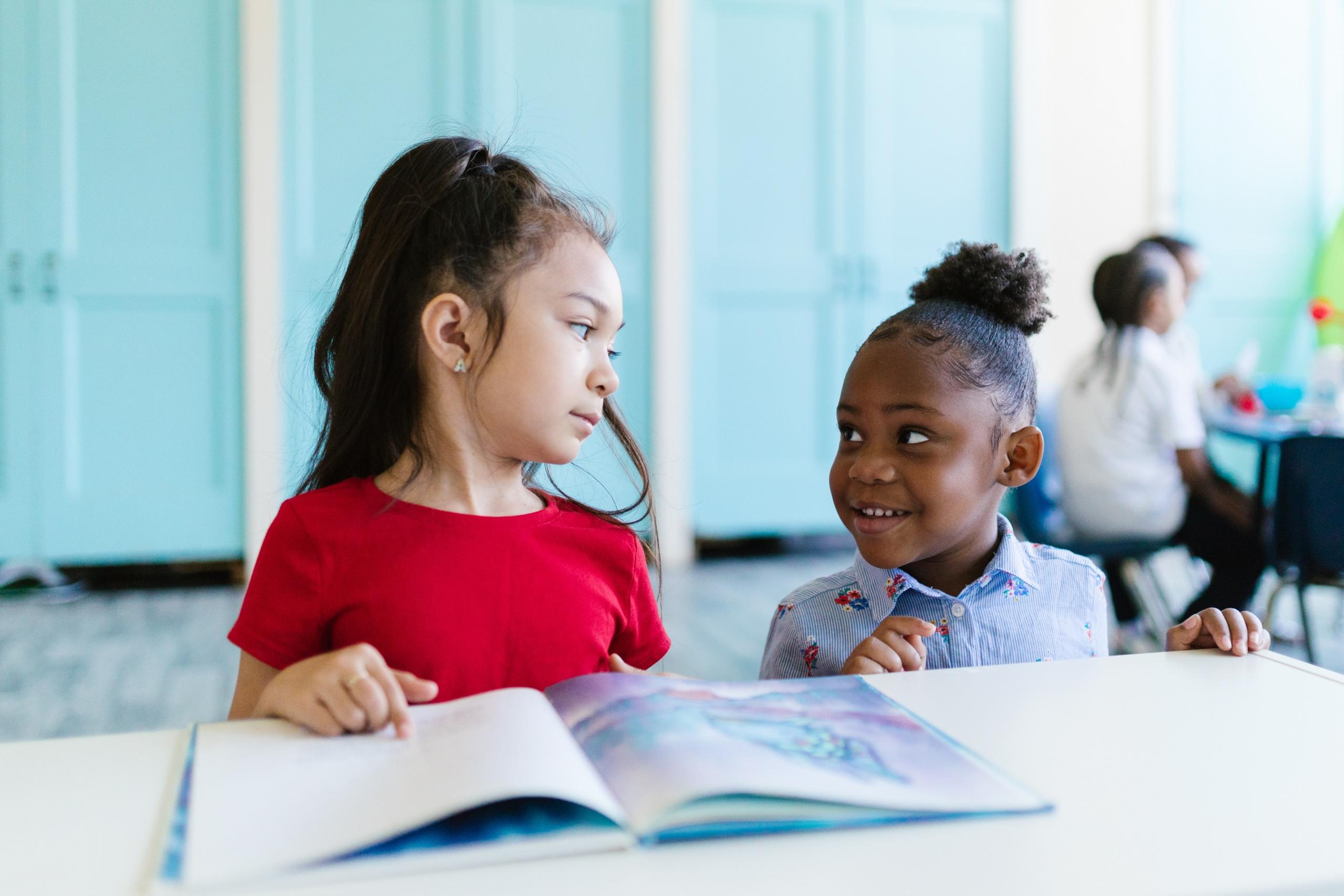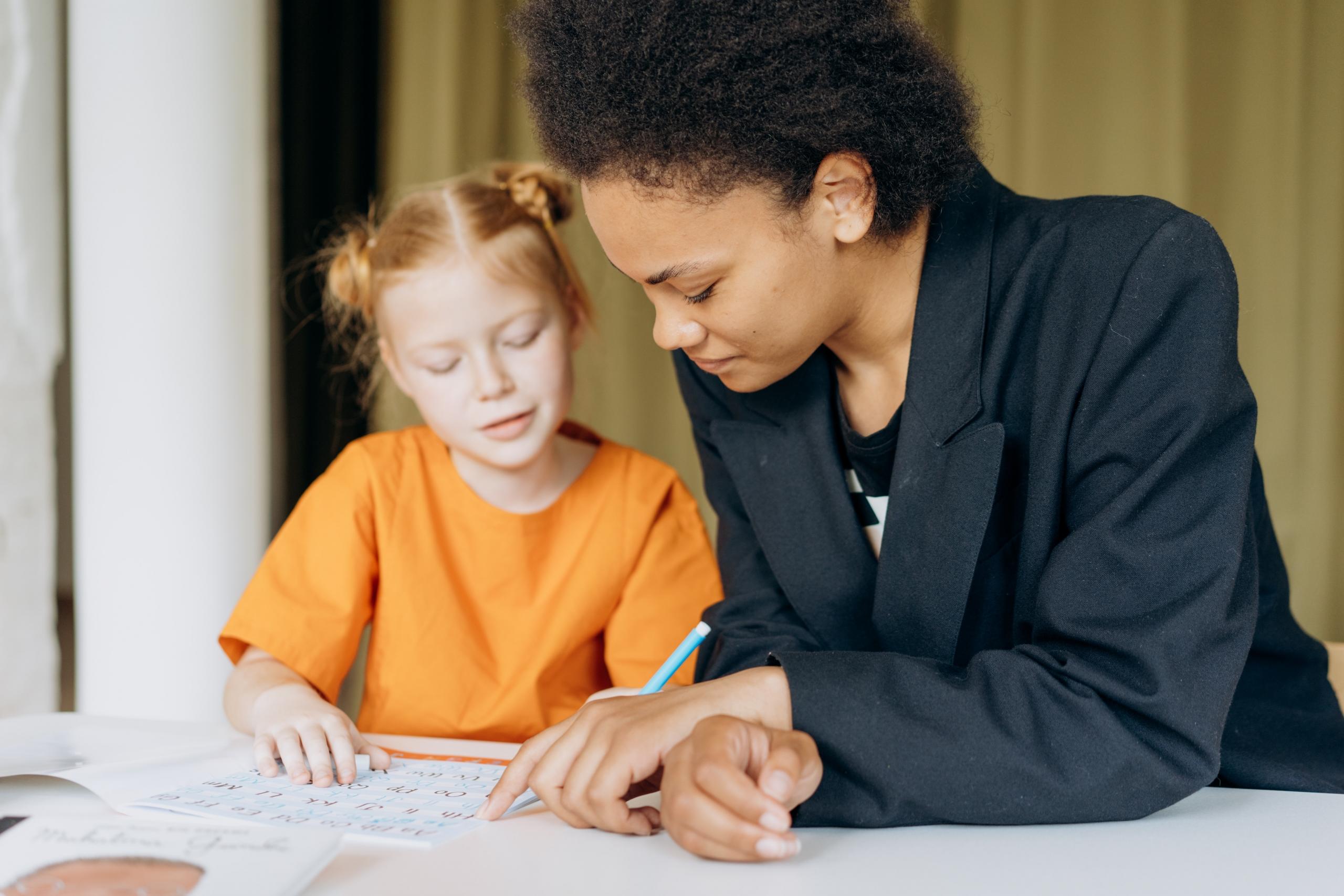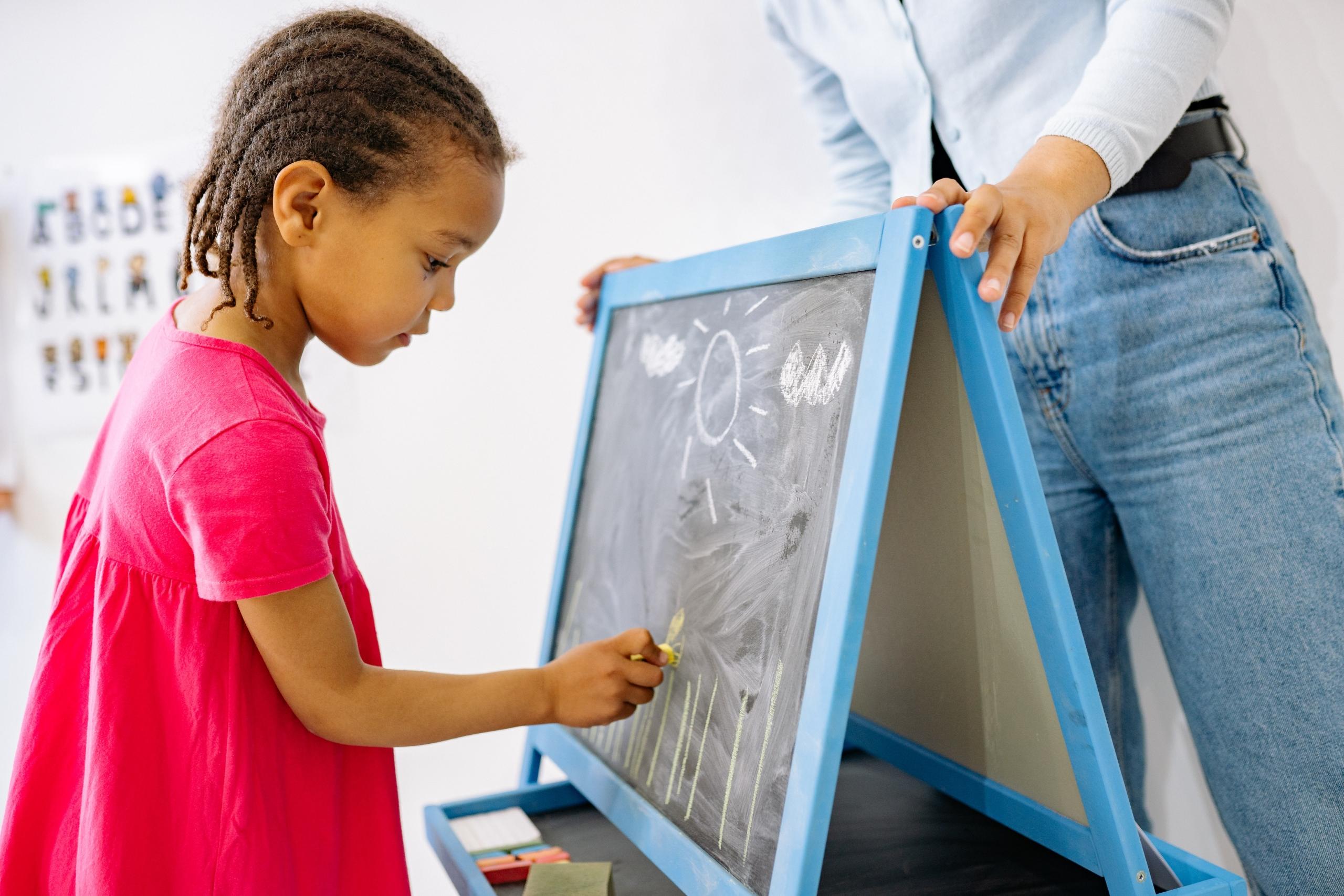Education’s purpose is to replace an empty mind with an open one. Malcolm Forbes
Generally speaking, education lays the foundation for a successful society and is also essential for a successful career. This, then, underscores why it is important for parents and educators to inculcate an appreciation and a love of education in children from an early age.
Since children are all unique individuals, with varying interests and needs, psychologists and specialist educators are required help and guide them to learn optimally, although this would be quite a challenge in a public school in SA, where these professionals are a rarity.
This, of course, does open the door for anyone who loves children and education to train to become an educational psychologist. Today, we take a look at the meaning of educational psychology and where in SA you can study educational psychology courses.
Want to give private lessons?
Join the Superprof community and share your knowledge with inquiring and motivated students.
Educational Psychology: Definition
The term itself is self-explanatory since the discipline involves aspects of both education and psychology. The College of Education at Washington State University, in their attempt to define educational psychology, call it: “the study of how humans learn and retain knowledge, primarily in educational settings like classrooms. This includes emotional, social and cognitive processes”.
This sub-discipline of psychology borrows and uses techniques from other branches of psychology, such as:
- Behavioural psychology
- Cognitive psychology
- Developmental psychology.
The main aim of any educational psychologist (EP) is to find out how human beings learn and retain knowledge. While their general focus is normally children, educational psychologists also study teenagers and adults.
Educational psychology has various perspectives on what influences the way a person learns and this is what educational psychologists study in great detail.

So, what would that include?
While the focus of every educational psychologist would differ depending on their place of employment and their location, most educational psychologists have read about numerous perspectives, such as the behavioural perspective, the cognitive perspective, the constructivist perspective, the developmental perspective and the experiential perspective.
These are all the distinct viewpoints that an educational psychologist can make use of when examining the meaning of educational psychology or reviewing a case study.
Also, it is important to mention that educational psychology has many different topics and themes that pass commentary on the learning process. These include the most common subjects that EPs specialise in, such as curriculum development, educational technology, gifted learners, instructional design, organisational learning and special education.
Although psychology and its practices have been around for quite a while, educational psychology is a relatively new discipline which has seen great growth in recent years.
It has only been recently, in the 20th century, that educational psychology was thought to be relevant as a discipline and its particular topics reviewed.
In truth, educational psychology is a very important discipline in today’s times and the what follows examines that.
Educational Psychology is Important
A genius in the wrong position could look like a fool. Idowu Koyenikan
Teachers, today, know that they have to consider how differently the young minds, in their care, learn. Each learner uses a unique learning style and, over time, psychologists and teachers have found that not every learner takes on new teachings in the same way. So, although all of psychology’s disciplines are important, educational psychology is taken on an increasing importance in recent times.
Besides the fact that students learn distinctly and have varying learning styles, an increasing number of students have been diagnosed with learning disabilities, such as ADHD and dyslexia.
Thus, the discipline of educational psychology is necessary to add balance and harmony to the classroom.
This helps to define educational psychology in the classroom: the EP has the task to help learners overcome learning challenges by finding ways to learn that suit them and help them to make sense of any new learning material.
Also, educational psychologists do not only assist learners, but teachers as well, because they guide them in terms of lesson plans aimed at the unique learners in their care.
Under the expert guidance of EPs and, possibly, the completion of some educational psychology courses, educators can turn traditional classrooms into engaging, exciting ones, that support development, learning and student motivation.
While it may not be possible for teachers to modify their methods to suit all their students, SA’s departments of education must make available far more resources, material and human, to ensure that all children get a chance to learn and achieve. This would include a greater focus on special needs education, but, also, the preparation of teachers who can cater to the various learning styles of children in the ‘normal’ state schools.

Where in SA Can I Study Educational Psychology Courses?
To follow a career in educational psychology, in the public or private sector, training at a centre for further education is needed.
But where in SA, can you obtain a BSocSc or MPsych qualification in educational psychology?
Let’s have a look at three universities.
University of Cape Town
UCT is regarded as Africa’s top university and attracts many students from countries around the world. Its undergraduate courses groom successful participants to enter both clinical- and research-based post-grad programmes. A UCT psychology degree is recognised around the globe and legions of graduates have gone on to complete post-grad studies at overseas universities.
The Bachelor of Social Science (Honours) specialising in Psychology (BSocSc) is one of these degrees. This honours degree, useful in itself, also offers an important link between the undergraduate programme and numerous specialised Master's programmes, within the field of psychology.
The psychology honours programme is comprised of six semester courses – three compulsory and three elective courses. The electives can be selected from a list which includes Psychology and Law, Developmental Psychology and Social Psychology, while the compulsory courses are Philosophical and Theoretical Issues in Psychology, Research Methods in Psychology and Statistics for Psychological Research.
The University of Pretoria (UP)
The University of Pretoria is the largest contact varsity in SA and is a top-ranked African university.
Students who enrol for its BSocSci Honours in Psychology programme, follow a 24-month course of study and are exposed to academic training and advanced research in psychology.
This prepares students to follow the Master's programme in any of the university’s professional or academic programmes, the completion of which will allow them to transfer their skills into various work situations and contribute to society.
Courses in the Master's (MEd) programme include:
- Adult Education
- Educational Linguistics
- Life and Career Orientation
- Inclusive Education
- Teacher Education.
University of Witwatersrand, Johannesburg (Wits)
This university offers the Master of Educational Psychology via a research report, coursework and an internship.
The Health Professions Council of South Africa (HCPCSA) expects students to complete all requirements for the degree, including the research report, within three years of initial registration.
The general requirements are:
- For a masters’ degree by research report and coursework: a bachelor’s degree with honours from Wits or another varsity, with a 65% overall aggregate; or
- For a masters’ degree by dissertation: the same requirement as above. Additionally, a Faculty of Humanities supervisor has to be approached prior to application.
Since a background in psychology can complement a number of other courses in the social sciences or the humanities, there are a number of career options which can be pursued, such as working with mentally disturbed or ill children, researching health and social phenomena, working within organisations and working to change destructive patterns in communities.

We strongly recommend that you examine the available university offerings to gain greater insight into each one’s distinct educational psychology courses.
Why Not Hire an Educational Psychology Tutor?
Are you a student of educational psychology at university level and require assistance with some of its more complicated topics?
Are you an adult learner who is very interested in the subject?
While these situations are different, there is a single solution that can be applied: use the services of a private educational psychology tutor!
Irrespective of the learning goal, academic level or age of the student, a private professional tutor would be well-equipped to assist and guide students through the successful completion of their educational psychology courses.
Given that psychology is a very popular course of study, you will find many tutors in South Africa who specialise in topics such as educational psychology, criminal psychology and cognitive psychology.
However, one of the easiest ways to find a reputable, dedicated educational psychology tutor is to use Superprof. There are currently more than 200 educational psychology tutors across South Africa registered on the site. Many of these tutors offer the first session free. Make use of this opportunity to suss them out and see if they suit your needs.
Making use of a tutor via Superprof has many benefits:
- A large variety of tutors to choose from
- Affordable tuition
- Easy-to-use booking software
- A fantastic student/tutor support staff
- The ability to learn either in-person or online.
On top of this, remember that your first session is free with most tutors, so that’s some great motivation to get started!
Finally, simply engaging in an educational psychology course can be a very enriching experience for anyone who loves psychology as well as education!
Want to give private lessons?
Join the Superprof community and share your knowledge with inquiring and motivated students.





